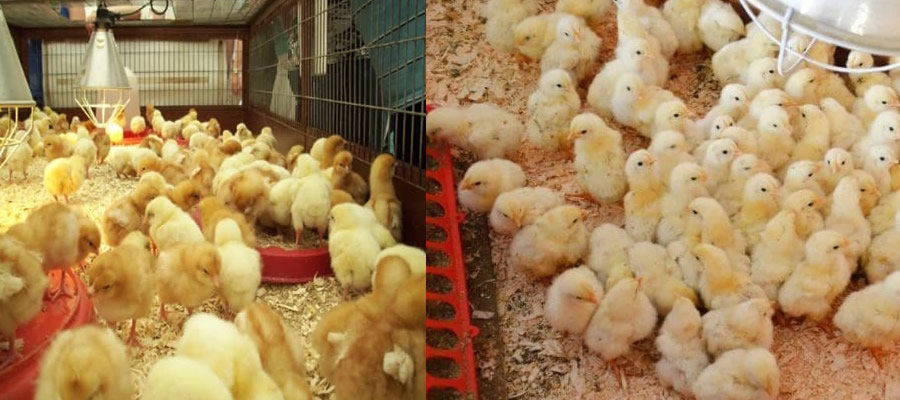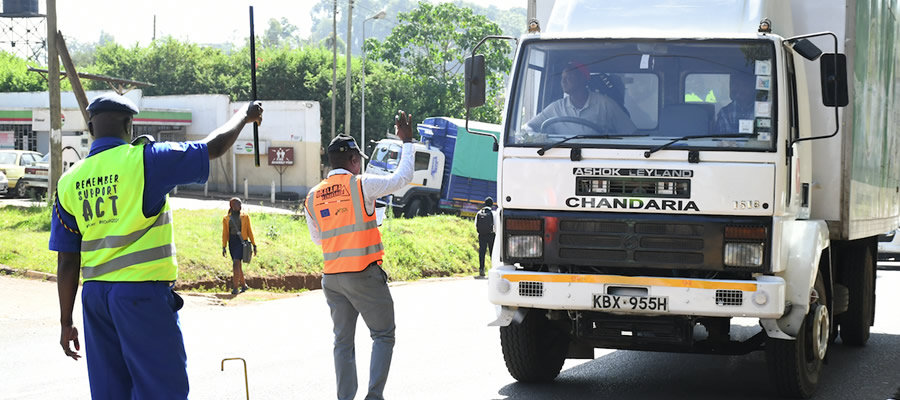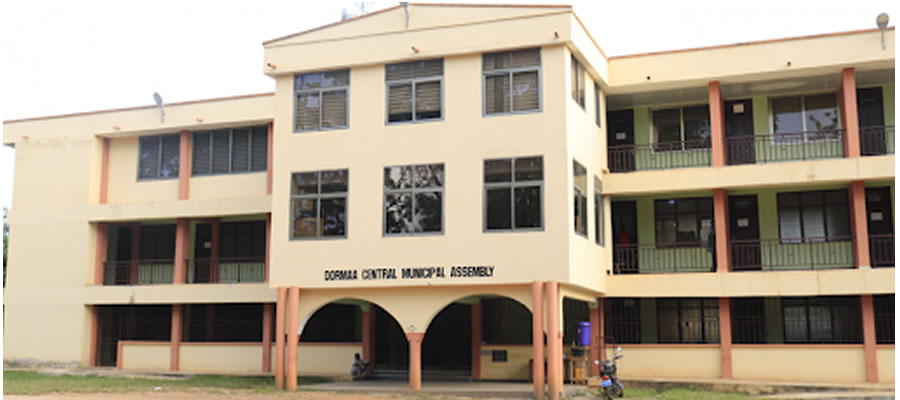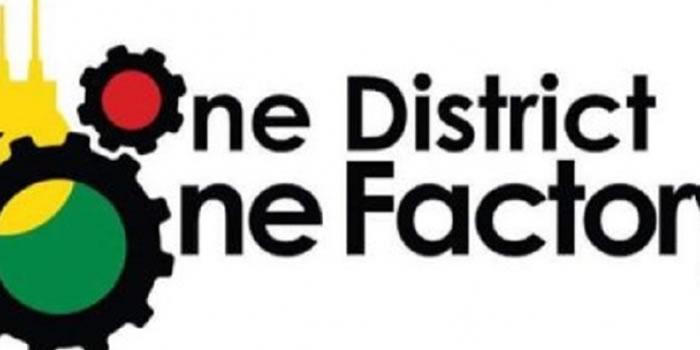

The mainstay of the Municipality economy is Agriculture. Currently, it employs about 60% of the district economically active labour force. Most of the Municipality households are engaged in farming or agricultural related activity. Farming in the Municipality is largely carried out on small-scale basis. The average acreage cultivated ranges between 6 – 10 acres for all crops. Despite its importance to the district economy, much of the agricultural potentials in the Municipality remain untapped. For instance, in 2005, 23,530 hectares of arable land were cultivated.
Crop Production
The soils in the Municipality favours the production variety of crops. Presently, main food crops cultivated in commercial quantities in the district include maize, plantain, cassava, yam, cocoyam, tomatoes and pepper. The Municipality is also known for the production of cocoa and coffee. Post-Harvest losses are a common phenomenon and represent a major challenged to farmers in the Municipality. The incidence of post harvest losses is particularly very high for crops as plantain and cassava and the highly perishable corps like tomatoes.
These losses are as a result of inadequate appropriate and storage facilities in the Municipality. The high incidence of crop losses affects the incomes of farmers and poses as disincentive to farmers who are interested to embark on large-scale production.
Livestock and Poultry Production
At the moment the poultry industry specifically table egg production is operating at a large scale levels. Poultry production in the district is the largest in the region. Livestock such as cattle, sheep, goats and grass cutters are also reared in the district. Major problem of the industry in the Municipality is finding enough market outlets for their product and credit facilities to expand the farms.
Agricultural Extension Agents
Both livestock and crop production in the Municipality is affected by the inadequate agricultural extension services. The district has eleven (11) agricultural extension agents who attend to about 56,413 farmers spread over 32 extension operational areas. This indicates that the extension agent: farmer ratio in the district is 1:4,583.This appalling situation is compounded by the inadequacy of motor bikes that hamper their mobility to most parts of the Municipality.
Agro-Processing
Over the years, some effort has been made by individual groups and the Municipal Assembly to add value to the farm produce through processing. Agro-processing is currently on a small-scale. The district has six agro-processing plants located in various communities such as gari production at Nkrankwanta, Kyeremasu (producing far below capacity) and Amasu (also producing far below capacity), Babianeha (facility under construction) palm oil extraction at Nkrankwanta and Wamanafo pepper processing at Gonokrom and production of akpeteshie in several communities across the Municipality .
Agricultural Land Acquisition
Ownership of land in the dMunicipality is vested in the stool and held in trust and on behalf of the people. For agricultural purposed, land can easily be accessed by both natives and non-natives. This is a great potential for agricultural development. In line with customs and traditions of the district, non-natives in need of land for agricultural purposes are required to approach a chief or that appropriate landlord/landlady with drinks and/or specified amount of money for a parcel of land.
Marketing Centres and Days in the Municipal
Large settlements like Dormaa Ahenkro observe daily markets as well as weekly markets. The table below shows the market days of some major towns in the district.
Key Agricultural Development Problems
Problems that beset Agriculture as a whole in the Municipality include the following:
(a) Rain-fed Agriculture
The entire Agriculture depends on rainfall and will fail woefully when the rains fail.
(b) Bush Fires
Incessant annual bush fires are destroying the vegetation and soil fertility causing several streams to disappear, rendering food security in the district almost impossible. At any given moment, more than 80% of the food crops remain un-harvested in the field.
(c) Inadequate Credit Facilities
Credit facilities are meagre, untimely and have very unattractive interest rate and conditions, as far as Agriculture is concerned.
(d) Inadequate Marketing and Distribution Outlets
Even though the Municipality is blessed with dual markets (Ghana and Cote d’Ivoire) there is usually glut during the peak production period leading to losses to the farmers and deterioration of perishable crops.
(e) Inputs Supply
Apart from being expensive, inputs supply in the district is not reliable and the distribution of inputs store sparse.
Key Agricultural Development Potentials
(a) Agriculture has almost unlimited potential for job creation, especially for the youth in the Municipality because of the following reasons.
- Bimodal rainfall, which is evenly distributed throughout the year.
- Presence of rivers and rivulets criss-crossing the Municipality.
- Intensively cultivable forestland., broken forest, unused forest and grassland.
- Favourable soil types, which support both plantation and food crops.
- Rich in ground water resources, which can be drilled for small-scale irrigation scheme.
- Farm manure from medium to large-scale poultry farms can be used as organic manure for farming in the district.
- Presence of youthful population to undertake agricultural ventures.
- Presence of dual market for agricultural produce (Municipal shares common border with La Cote d’Ivoire at different entry points).
- Capacity of district to produce tomato puree to serve tomato processing/canning factory at Wenchi.
- The Municipal capital is connected adequately with market centres such as (Accra), Kumasi etc.
- Road network in the Municipality is good for transport of agricultural produce.
- Topography of the district is gentle sloping and problems associated with erosion are very minimal.
- Availability of electricity for any agro-based industry.
- Availability of all year round water supply for any agro based industry.
(b) It is a reliable springboard for industrial take-off in the Municipality– especially agro base industry.
(c) It has potential for the export of several non-traditional commodities – e.g. Honey, Mushroom, Organically Produced Vegetables, and Snails.
Date Created : 11/16/2017 1:30:55 AM












 facebook
facebook
 X
X
 Youtube
Youtube
 instagram
instagram
 +233 593 831 280
+233 593 831 280 0800 430 430
0800 430 430 GPS: GE-231-4383
GPS: GE-231-4383 info@ghanadistricts.com
info@ghanadistricts.com Box GP1044, Accra, Ghana
Box GP1044, Accra, Ghana